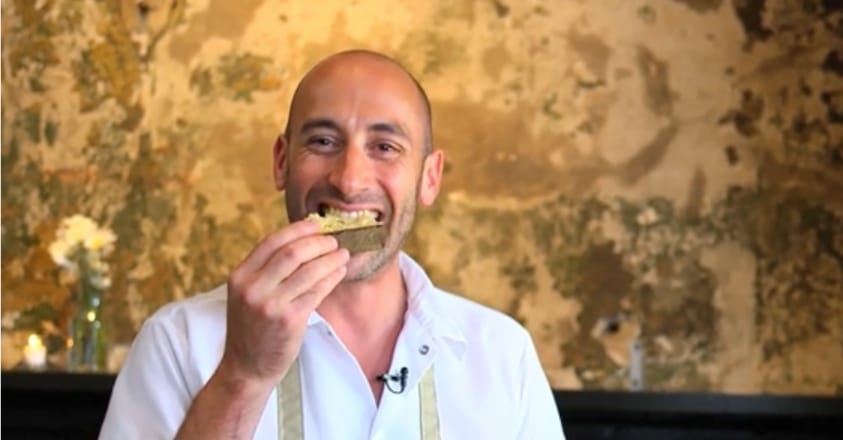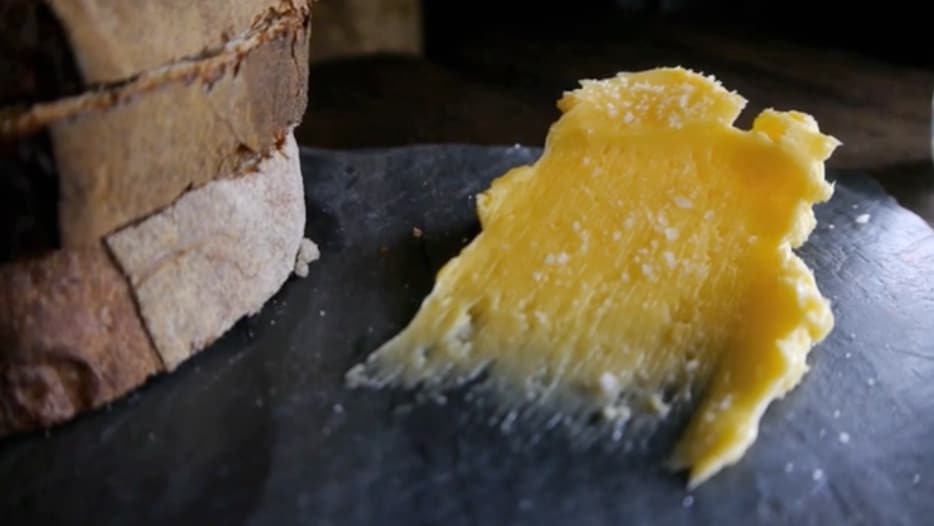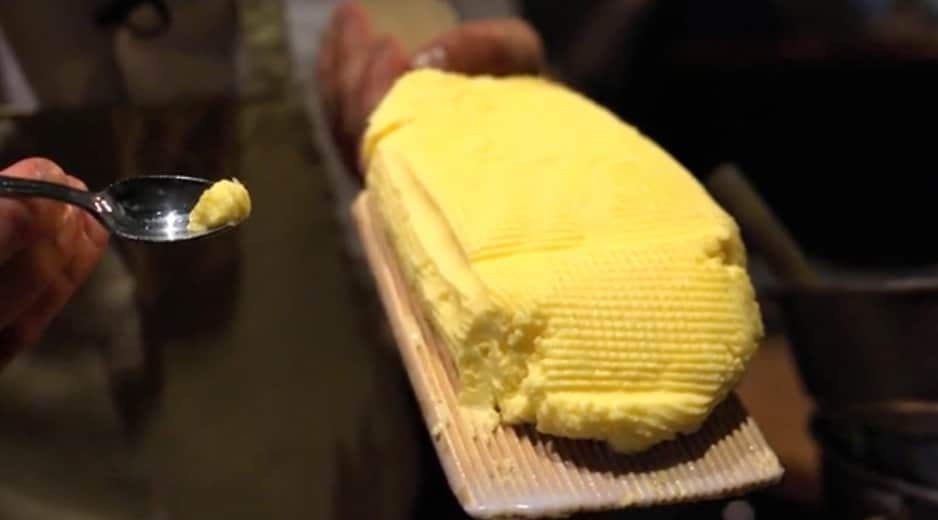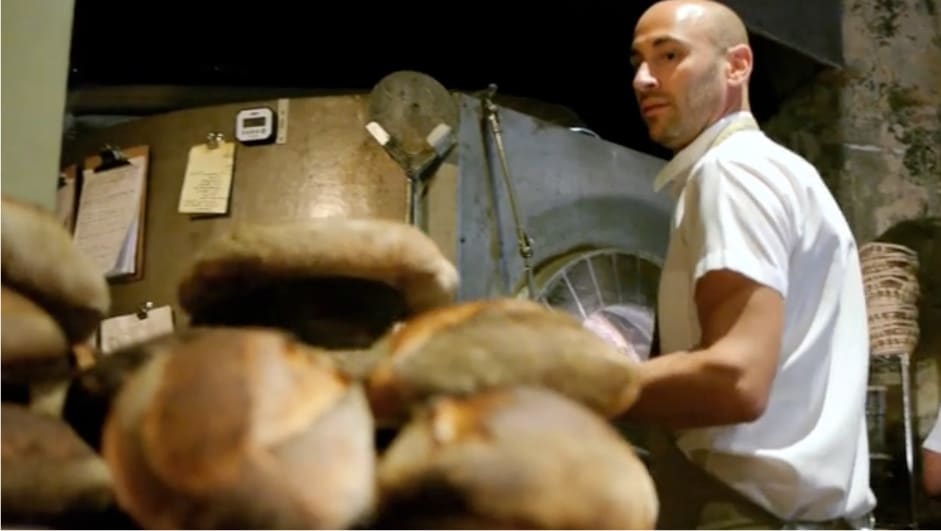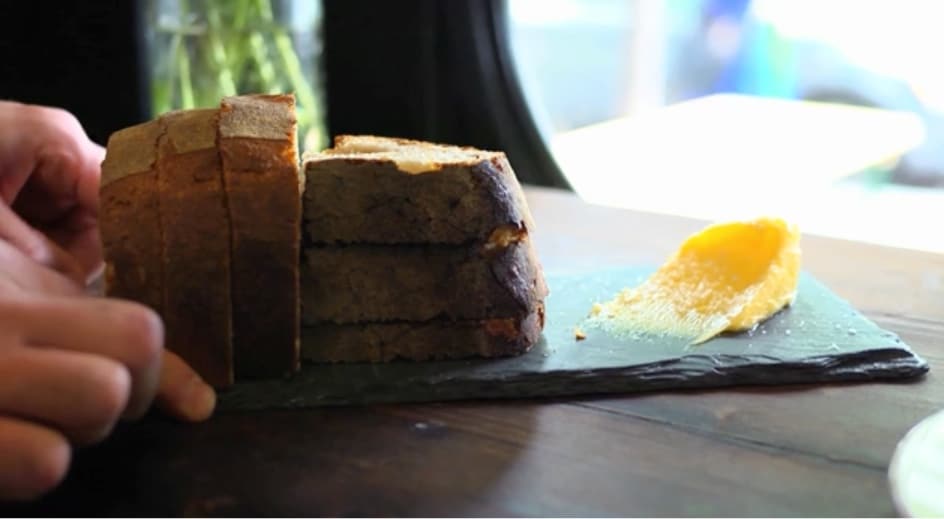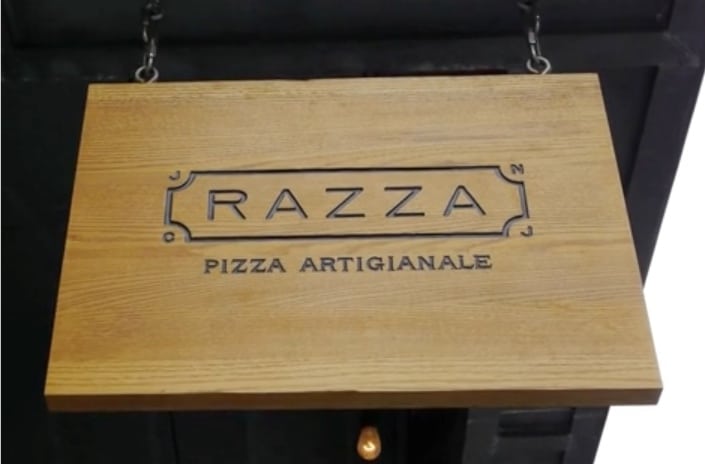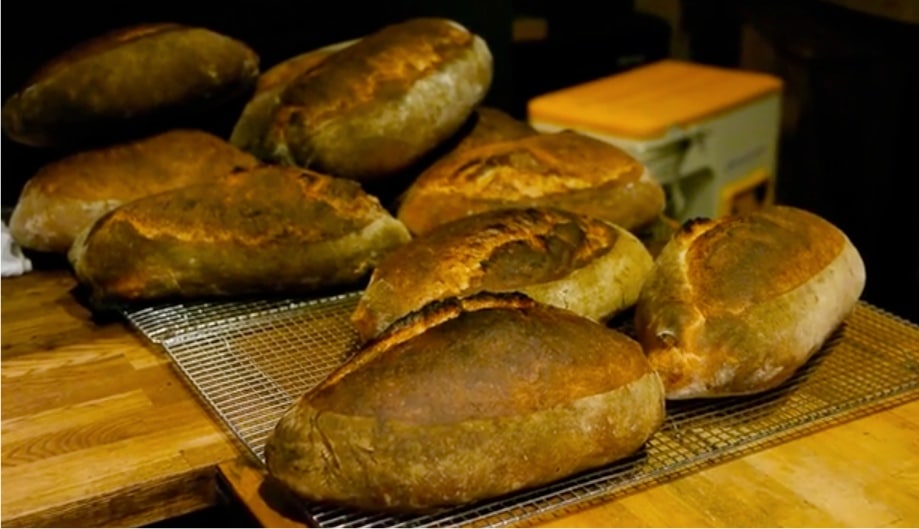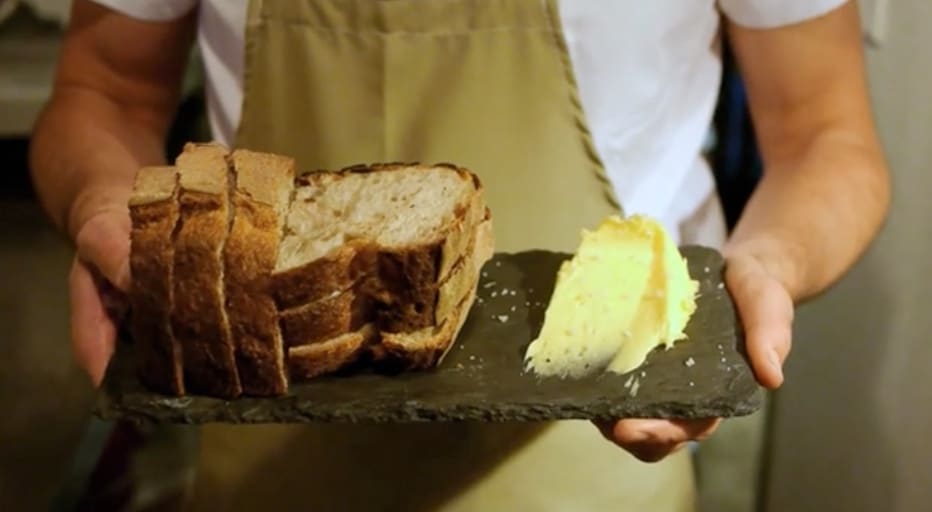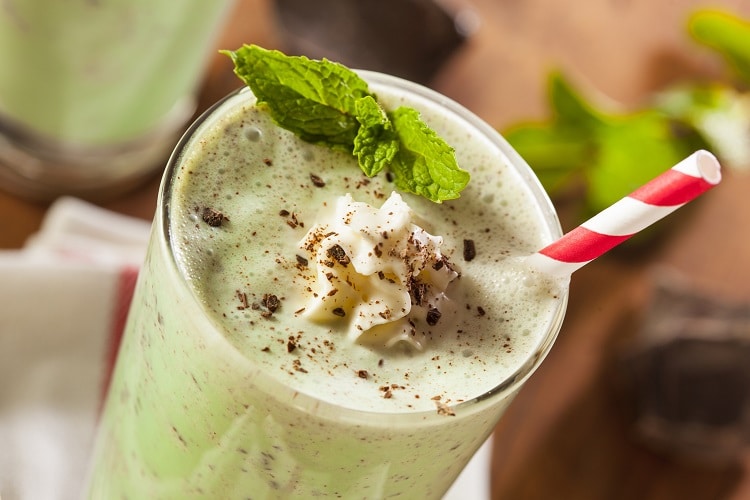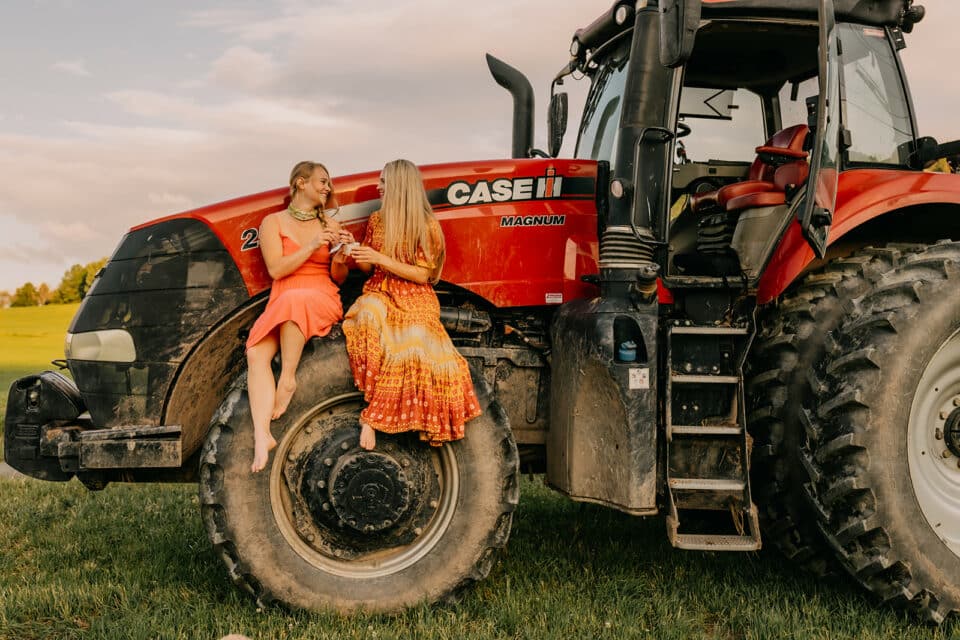“The restaurant business, as difficult as it is, it’s a simple equation: You make really delicious food and treat people the way that people want to be treated and you’ll be successful. People will come back.”
Dan Richer likes to keep it simple. The 2011 James Beard Award semifinalist, who refers to himself as an “anti-chef,” goes out of his way not to fuss with his ingredients. Known to many as New Jersey’s “Bread and Butter Man,” Dan has perfected (although he’d never admit it) these two most fundamental, soul-satisfying dishes, found on his menu at Razza Pizza Artigianale, a cornerstone in Jersey City’s culinary revolution that he owns with Fred Shandler, also his partner at their first restaurant, Arturo’s Osteria & Pizzeria in Maplewood, NJ. From the importance of failure to his obsession with fermentation, during our conversation we spoke about the creative process of this man of many interests:
PA Eats: How long did it take you to master your bread and butter recipes? Are they entirely your own creation, or did you start with someone else’s recipes and work from there?
Dan Richer: They’re all my recipes, definitely. But I don’t feel like they’re mastered yet by any means. It’s something that I’m constantly working on every day. It’s not the type of thing that’s just “one and done.” I view myself more as a craftsman and an artisan, as opposed to a cook or a chef. Especially with bread-baking; every day is just so completely different.
You claim that the terroir of the cream used in your butter—Chester County, Pa.—is important. Is the origin of the ingredients for your bread equally vital, and how does that origin affect the end product?
Absolutely. For the bread we use three different grains. We use rye and wheat that were grown and milled by a really small miller in upstate New York, Farmer Brown. They’re fantastic; they’re a small company, always trying to do the right thing. And then we use another wheat that is milled in Clifton, New Jersey, which is right around the corner from us.
That notion of sourcing of the best ingredients isn’t specific to one product; it’s ingrained in my philosophy of basically how I live my life, how I eat at home, what we serve at the restaurant. Sourcing is incredibly important, and I’m trying new products constantly. In fact, there’s a shortage of heavy cream at the moment. There’s just not enough people producing milk and cream out there for the demand. So I’m on the lookout for new dairies or ones that I haven’t discovered yet.
Perfecting something as “simple” as bread and butter is no easy feat. What was your motivation in tackling this particular pairing?
It was really a natural evolution from what I was doing. I focus a lot of time and energy on pizza, and in order to make the best pizza possible, I needed to start studying bread-making techniques because, when you break it down, pizza is just a flat bread with some condiments on top. So, in order to make great pizza, I needed to study bread-making. And then as I studied I realized how deep I could go into bread-making and fermentation, since bread-making is just controlling the fermentation of grain. I started studying and studying, and years later I finally started making really good pizza, and I realized that at the same time I was also making really good bread. So, I just kept making bread and studying fermentation and once you start understanding a little about fermentation, it’s kind of addictive and you want to really ferment everything. I made my own beer, I pickled my own vegetables, I ferment basically anything that I can.
You really seem to like to experiment and really get into things, to go off and start exploring.
It’s part of the whole creative process. One thing always leads to the next. You just have to pay attention and take a step forward. All of this came about in the pursuit of better pizza, from cheese-making to understanding about tomato canning to butter-making. I think it’s all due to my curiosity and sense of wonder and never being satisfied with the product. It’s really difficult to live with—that sense of dissatisfaction all the time—but I wouldn’t trade it for the world.
You call yourself the “anti-chef.” Explain.
Most of what I do as a cook is finding ingredients. Once you have a pristine ingredient, I just try not to mess it up. Most of the work has been done by the farmer or whoever grew the product, who put so much energy into that pumpkin or whatever it is. So why would I try to make my “mark” on that pumpkin to show who I am as a chef, when that pumpkin is the star of the show? The pumpkin’s what’s special, not what we do to it. I’m more of a curator who wants to showcase what’s been given to me by the farmer or by the land. So if the land offers a pumpkin, we’re going to treat them really simply and just accentuate its sense of “self.” Who knew a pumpkin had a sense of self?
Also, I don’t feel like a recipe is “done” and fully repeatable once it’s completed. I see myself as a craftsman, as a cabinetmaker or an iron worker, someone who—while you learn the techniques and you develop a system—every day is a battle trying to maintain a great product and trying to produce a better product than you did the day before.
You have no formal culinary training. Where does your desire to cook come from?
I skipped my graduation ceremony from Rutgers and went to Italy because my cousin has an apartment in Rome and he was doing a study abroad there. We traveled all throughout Rome and up north to Switzerland and as far south as the Amalfi coast, and I tasted real Italian food that I had never tasted before that just wasn’t in New Jersey. It was the simple things that really impressed me so much. It was gnocchi with tomato sauce, handmade pasta with sauce made with just four ingredients. I came back to the United States and knew that I wanted to open up a restaurant serving a great product like I had in Italy. So I started cooking, and I started reading cookbooks and talking to as many chefs as I could. I worked in restaurants constantly. I went to Italy probably nine times. I ate everything I could, and I would be invited into kitchens just by showing a little desire to learn. The Italian chefs were very hospitable, and they always invited me into the kitchen. And that’s how I did a lot of my learning how to cook. Once I got interested in bread-baking, it was all books. But you have to practice also. You have to do it, and you have to fail. It’s a lot of trial and error. You just have to have the perseverance to make it past the many trials and failures and then things start to get better, as long as I pay attention to those failures.
How did being named a semifinalist for a James Beard Foundation award in 2011 change your career? Did you think of yourself as a James Beard Chef at that point?
I never even considered myself a chef until that moment. I don’t feel like it was something that defines who I am or what I’m doing, but it definitely put things into focus a little bit more. It’s made me want to cook less, surprisingly. It made me focus more on the core of what I believe in and just to really, really stay true to that. It could have taken me in so many different directions. I could have opened up a bigger restaurant, but I opened up a smaller restaurant. I could have made more money, but we’re focusing more on our people and our ingredients. You make choices, and I choose to be a craftsman. That’s just who I am.
You use the word “craftsman” a lot. Do you have other hobbies outside of your work? Do you create art?
You’re the first person who’s ever asked me that! I am an amateur woodworker. I just started studying steel-welding about a year ago because I am never satisfied with the way our tables look at the restaurant, so I wanted to learn about welding steel and woodworking, so one day I could make my own tables, or at least know about it. I love working with my hands. I play the piano, the guitar, I do a little bit of painting. I feel like an outcast sometimes because who wants to work with their hands? Everyone has office jobs. But jobs where people use their hands are so important to a thriving society because people should specialize in what they do and do it really, really well.
Why did you decide to put down culinary roots in the ‘burbs, and what has that meant to your business?
I wasn’t necessarily calculating the payoff of opening in the suburbs versus in the city. I just found a really good opportunity and thankfully it worked out. I’m so lucky that Arturo’s is in Maplewood. It’s such a great town; the people are incredible. And the people really believe in their town, and that makes a difference. Everyone in Maplewood is so committed to the success of the businesses downtown.
What’s next on your agenda—do you have plans to open another restaurant or tackle the “perfect” recipe for another food?
I’m always experimenting with new things, from chicken soup to a chocolate pudding recipe I worked on last night. Completely random things. A couple days ago I made bialys for the first time in the wood-fired oven, and those came out incredible. So I’m going to try those again tonight, which should be interesting. Whatever is next, I don’t know. I do want to open a bakery so I can start producing more bread and different breads in a real bread oven as opposed to a wood-fired oven because the wood-fired oven is very temperamental.
I want to open a restaurant in Manhattan one day. When? Whenever the right thing happens, it will be the right time. I’m not overly concerned with opening new restaurants. I want to make these two restaurants as great as they can be first.
Final question: If you could serve your bread & butter to one person, past or present, who would it be?
That’s easy: my mom. She passed away of cancer right after that first trip to Italy when I was 22. She was an artist, a calligrapher. And basically, seeing her work and her trial and error at all different things—whether it was origami or a different style of papermaking, she was always trying something new, and trying and failing—everything that I do is inspired by her creative process. So I would love to serve her bread and butter.
Find Dan Richer at Razza Pizza Artigianale, located at 275 Grove Street, Jersey City, NJ; phone: (201) 356-9348. Or, visit him at Arturo’s Osteria & Pizzeria, located at 180 Maplewood Avenue, Maplewood, NJ; phone: (973) 378-5800.
- Photos: Vimeo
